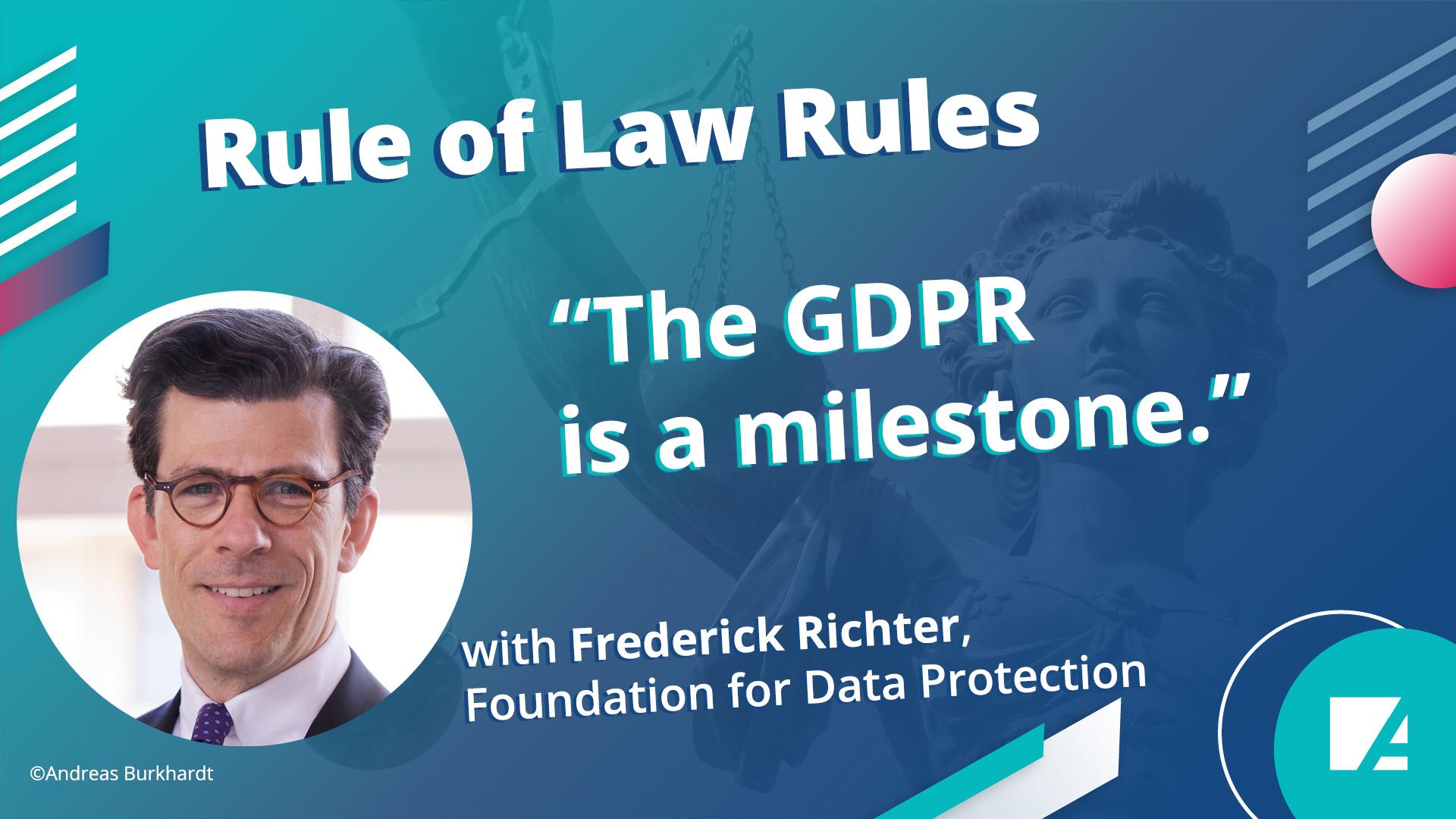The first laws regulating the administrative procedure already existed at the end of the 19th century in the Kingdom of Prussia as well as in Baden, and also Thuringia and Württemberg followed at the beginning of the 20th century. After the proclamation of the Basic Law (Grundgesetz) in 1949, numerous federal states subsequently began to issue regulations on administrative procedures independently and inconsistently. In order to ensure a uniform approach, the Federal Government and the federal States joined forces in 1964 to draw up a model draft, which was to be adopted as a law by both the Federal Government and the federal States. However, this did not happen subsequently. Instead, a draft for an Administrative Procedure Act was developed at the federal level in 1973, which came into force on the 1st of January 1977.
Due to the distribution of competences in the Federal Republic, the Federal Government only has legislative competence for procedures of federal authorities and other authorities that implement federal law. According to § 1 (1) VwVfG, the VwVfG therefore, only applies to public-law administrative activities of the federal authorities and federal corporations, institutions, and foundations under public law. In addition, for those of the federal states and municipalities if they implemented federal law on behalf of the Federal Government. However, it shall not apply if federal law is exercised by the federal states, in so far as this is stipulated by state law. In these cases, the administrative procedure laws of the federal states apply. The provisions of federal and state laws are largely the same. The Federal Administrative Court then secures in accordance with § 137 (1) 2 VwGO a uniform interpretation.
The Administrative Procedure Act consists of a total of seven parts, which are divided into sections. After the introductory Part I, which deals with the scope of application and competences, Part II of the Act regulates the general provisions on the administrative procedure. This system of placing general rules, which apply to all procedures, at the very beginning of a law and subsequently establishing special proceedings is characteristic of German law. Of particular importance within the general rules are the procedural principles which must be observed in any administrative procedure. Thus, the inquisitorial principle applies in administrative procedures (§ 24 VwVfG). The authorities investigate the facts on which they base a decision on its own initiative. This section also sets out the deadlines and dates of the procedure.
Part III regulates in § 35 VwVfG and following the creation and permanence of the administrative act (Verwaltungsakt). The administrative act is the most important instrument of the administration. This is a “sovereign measure taken by a public authority to regulate an individual case in the field of public law and which has a direct legal effect to the outside.” By far, the largest proportion of administrative decisions are taken on the basis of such an administrative act. Particular attention is also paid to the provisions of § 48 and § 49 VwVfG, which govern the withdrawal and revocation of administrative acts. Subsequently, Part IV of the Administrative Procedure Act regulates the admissibility of the public-law contract and its various forms as a further instrument of official action.
Part V of the Act regulates the special types of proceedings. This again shows the structure of the law, which distinguishes between general and specific provisions of the administrative procedures. This regulates special requirements that only apply to certain procedures. The concluding parts of the Administrative Procedure Act deal with the appeal procedure (Part VI), voluntary work (Part VII), and the final provisions (Part VIII).





